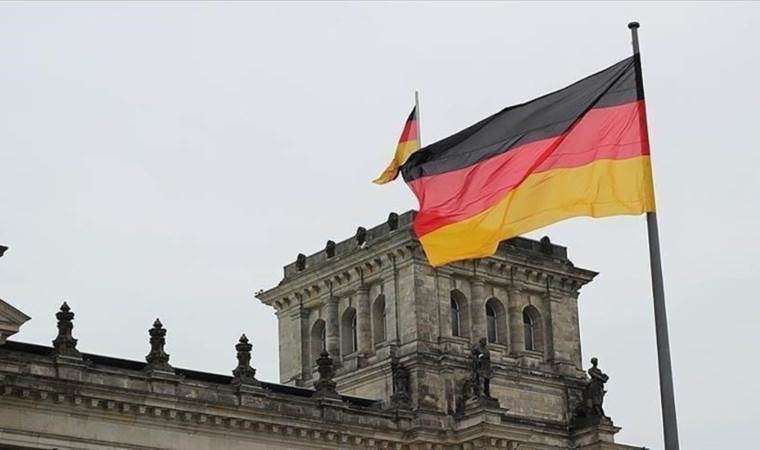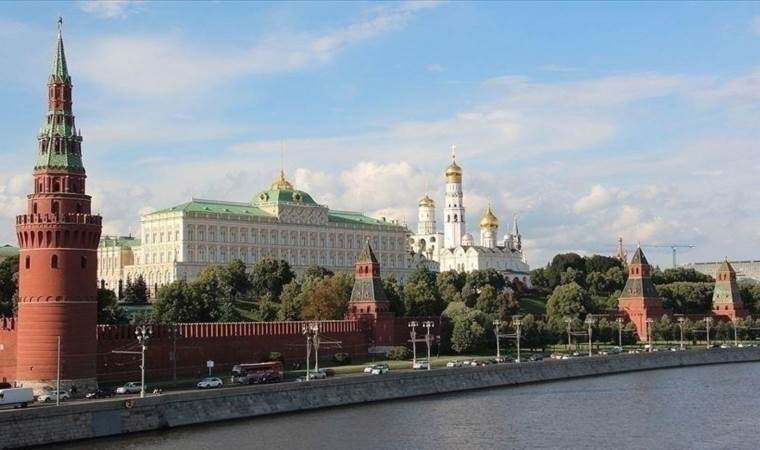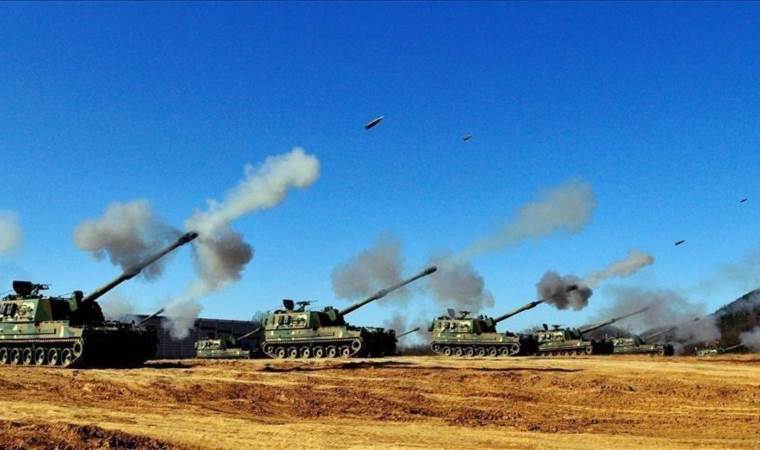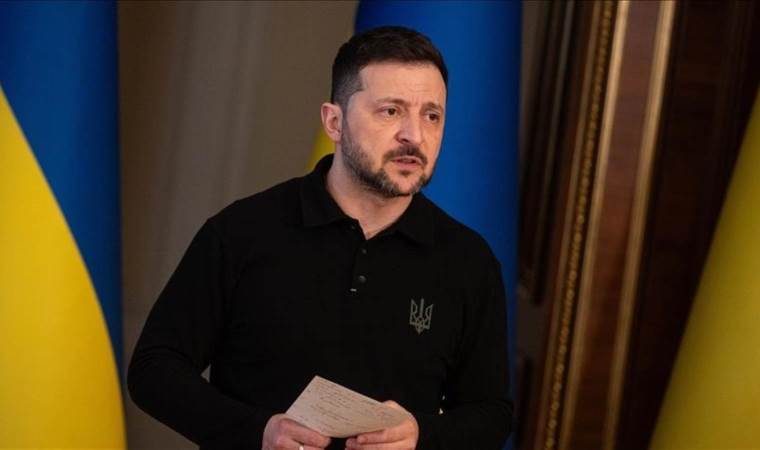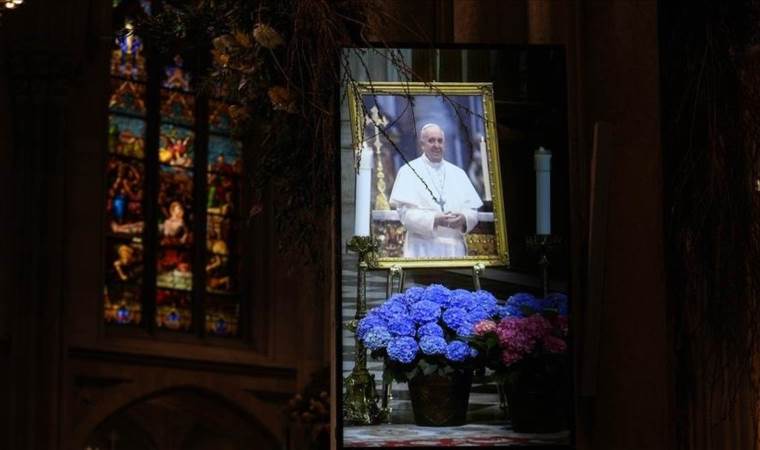Authors Columns of the Day Sport Guest Life All Authors
Atatürk and Emil Ludwig
Emil Ludwig asserts, "Atatürk was a thinker as well as a man of action."
This article delves into the extensive interview between Atatürk and the renowned writer Emil Ludwig.
Who is Emil Ludwig?
Born in Poland in 1881, Emil Ludwig, a law scholar, commenced his career as a journalist at the onset of World War I in 1914.
Ludwig, witnessing the agony of World War I, authored anti-war pieces. Renowned as a prolific biographer, he penned books on notable figures such as Goethe, Napoleon, Bismarck, Franklin D. Roosevelt, Abraham Lincoln, Bolivar, and Freud.
Apart from these works, Ludwig conducted interviews with pivotal figures of his era, including Lenin, Trotsky, and Mussolini.
Mustafa Kemal requested the translation of Ludwig's popular book on Napoleon into Turkish.
In 1929, Ludwig visited Turkey and conducted a comprehensive interview with Atatürk, later published in the Neue Freie Presse as "Die Neue Türkei" (New Turkey) on March 11, 1930.
Upon Ludwig's arrival in Ankara from Istanbul, he surveyed the capital from Ankara Castle, observing a burgeoning town amidst swift construction. Ludwig acknowledged, "I better understood the wisdom of establishing the centre of government in a field like Ankara instead of a city like Istanbul when he climbed the Ankara Castle."
He emphasized that Ankara's selection as the new seat of government was logical, stating, "The essence of revolutions is the complete demolition of everything that belonged to the old and the construction of a new one in its place."
Revolutionary Election
Emil Ludwig further expressed:
"Leaving a city like Istanbul and making a small Anatolian city like Ankara the centre of the revolution is not the decision of every revolutionary. If Mustafa Kemal Pasha had been thinking about his comfort or if he had taken this job for the sake of a seat, he would have settled in one of the palaces that already existed in Istanbul. He threw all this away and tried to rebuild the country under difficult conditions from a revolutionary point of view."
Ludwig remarked, "People do not wear traditional clothes in Ankara anymore; schools, hospitals, and operating theatres were built in the capital; the city underwent a reconstruction movement, completely new buildings replaced the old ones, people over forty and young girls flocked to schools to learn the new letters, Turkish women discarded the black çarşaf, and women adapted to social life without shedding tears for the sultanate."
He marvelled at Mustafa Kemal's life, citing, "What amazes us about Mustafa Kemal's life is his virtue and talent, his patience and resistance, his courage and calmness."
Three-Hour Meeting
He met with Atatürk for a three-hour meeting on November 3, 1929, at Çankaya, accompanied by Dr. Tevfik Rüştü Aras, Minister of Foreign Affairs, who acted as a translator from French to Turkish.
The conversation initially revolved around the Gallipoli Wars, later shifting to the topic of Napoleon.
Atatürk commented on Napoleon, stating, "He was caught up in his own delusions, gave himself the title of Kaiser, coveted India, and brought his relatives and relatives to high positions."
Emil Ludwig emphasized that "Mustafa Kemal studied important people and made realistic comments."
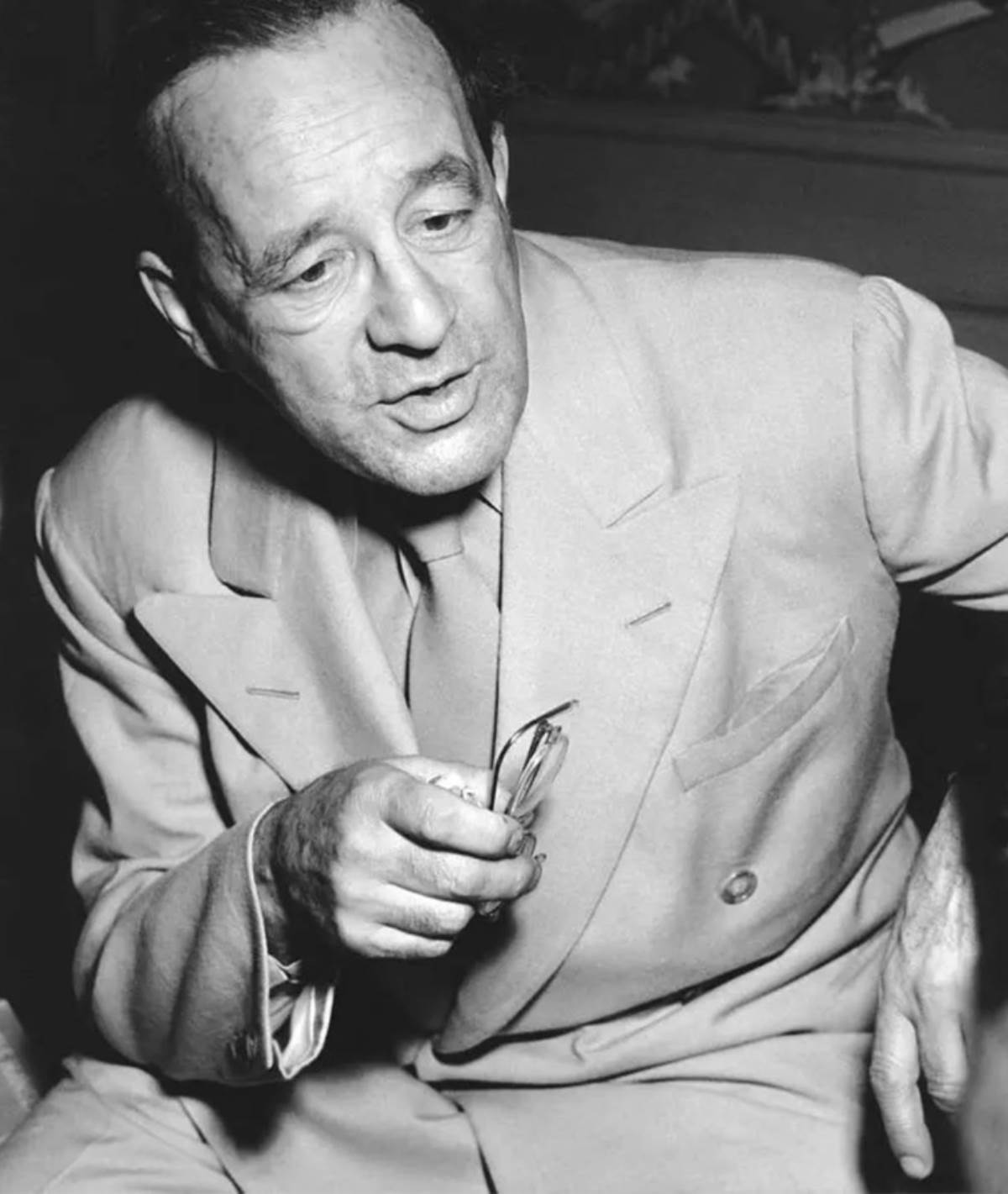
Dictatorship
During the discussion, Ludwig argued, "Wars create dictators, and then dictators create wars."
Atatürk responded:
"A leader must take great decisions from the nation, rely on it, test it, and follow it. I am always ready to give up the post of head of state and commander-in-chief of the army..."
No Power Through Fear
Ludwig questioned, "Not even the party presidency?"
"Never! Because this party represents the state policy that I find correct,"
Atatürk replied, continuing:
"Ask the doorman outside, even if he is afraid of me. A power cannot be built on fear. A power established with a cannon and rifle will always be temporary. It may be needed during a revolution, and a dictatorship may be necessary for a while. Great things have never been done by commissions. Today, you see here a country in complete peace. (...) We have treaties of peace and friendship with all countries, and the army is there only to protect us from new attacks."
Religion
The conversation then turned to religion. Mustafa Kemal asserted:
"First of all, I ordered the Qur'an to be translated. It is being translated into Turkish for the first time. I also ordered a book on the life of the Prophet Muhammad to be translated."
According to Ludwig, "Mustafa Kemal was not against Islam and its prophet Muhammad."
Fate and Destiny
The address commenced with "fate, fortune, and destiny" before transitioning to military service.
Mustafa Kemal asserted, "A commander mustn't squander opportunities but should, with great determination, heed reason's demands. For a capable commander, it's not fortune or fate, but the available opportunities that should be assessed. The appropriate one should be chosen, and steps should be taken accordingly."
He Does not Want to be Called a Soldier
In Ludwig's assessment, he remarks on Atatürk:
"He indeed doesn't perceive leadership solely in the context of commanding an army, and he rejects being labelled a soldier."
Regarding the relationship between a commander and head of state, Atatürk stated, "If a general is no more than a soldier if no one can control him, a ruler is always as dangerous as a ruler."
Ludwig underscores that "Mustafa Kemal was not on his way to becoming a dictator" and that "he declined the caliphate offered to him after the abolition of the sultanate and caliphate."
As highlighted, Ludwig emphasizes Atatürk's proclamation: "A power cannot be built on fear. A power established with cannon and rifle is temporary."
Music
In the extensive conversation, music also found a place. Emil Ludwig expressed the following when discussing Western music:
"I read that Montesquieu said, 'If the musicality of a people is not given importance, reform is not possible.' That is very true, that's why I apply this."
Continuing the conversation, Ludwig stated:
"I mentioned that Eastern music sounds foreign to us Westerners, being the only part of the East we can't comprehend."
"Mustafa Kemal refuted this as Turkish music, saying, 'It's all Byzantine! Our genuine folk songs can only be heard from shepherds in the steppes."
'Can't they be improved?' I asked.
"How long did it take for the music of Western countries to reach its present level? About four hundred years. We don't have such a long time. That's why we import Western music" he replied.
"This reformist Ataturk thinks so practically," Ludwig commented.
Ludwig's Assessment
Ludwig's evaluation is compelling and crucial:
"The next morning, I ascended the castle once more and observed a peasant riding alone from the city on his donkey across the vast steppe. Yesterday, I heard a handsome, melancholic boy playing Mozart's Larghetto on the violin at the marvellous institute in the new town, where young musicians study for free to become teachers as swiftly as possible. He was, like most of the people here, an orphan from Anatolia, whose father had been killed in battle. I now realized that he was perhaps from the same village as the man who rode his donkey across the steppe and had come to visit the young boy here."
German biographer Emil Ludwig shared with reporters as he departed Ankara: "My meeting with His Holiness Gazi was so valuable that it is impossible to limit it to two words. The whole world knows only the activities of His Excellency Gazi, but, during my meeting with him, I discovered another characteristic of his that was unknown to the world. His Holiness is a thinker as well as a man of action."
References:
“Alman Âlimi Şehrimizde”, Cumhuriyet, 26 Kasım 1929.
“Die Neue Türkei”, Neue Freie Press, 11 Mart 1920, s.1; “Gazi Hazretleri ile Mülakat”, Ayın Tarihi, C. 22, No: 73, s.6045.
Hikmet Özdemir, “Kemal Atatürk”, Doğan Kitap, 2019, s.472-473.
Atatürk’ün Bütün Eserleri (ABE), C. 23. s.268-272.
Yazarın Son Yazıları All Columns
Günün Köşe Yazıları
Most Read News
-
 China integrates AI into undergraduate studies
China integrates AI into undergraduate studies
-
 South Korea, US to hold trade talks this week
South Korea, US to hold trade talks this week
-
 Germany cuts economic growth forecast to stagnation for
Germany cuts economic growth forecast to stagnation for
-
 6.3 magnitude earthquake strikes off Indonesia’s Talaud
6.3 magnitude earthquake strikes off Indonesia’s Talaud
-
 Kremlin says Putin open to talks on civilian strikes mor
Kremlin says Putin open to talks on civilian strikes mor
-
 South Korean military holds live-fire drills near inter-
South Korean military holds live-fire drills near inter-
-
 Wife of former US Senator Menendez found guilty in bribe
Wife of former US Senator Menendez found guilty in bribe
-
 Harvard University sues Trump administration over fundin
Harvard University sues Trump administration over fundin
-
 Zelenskyy demands Russian clarity over strikes on civili
Zelenskyy demands Russian clarity over strikes on civili
-
 Pope Francis' funeral to take place on April 26, Vatican
Pope Francis' funeral to take place on April 26, Vatican



